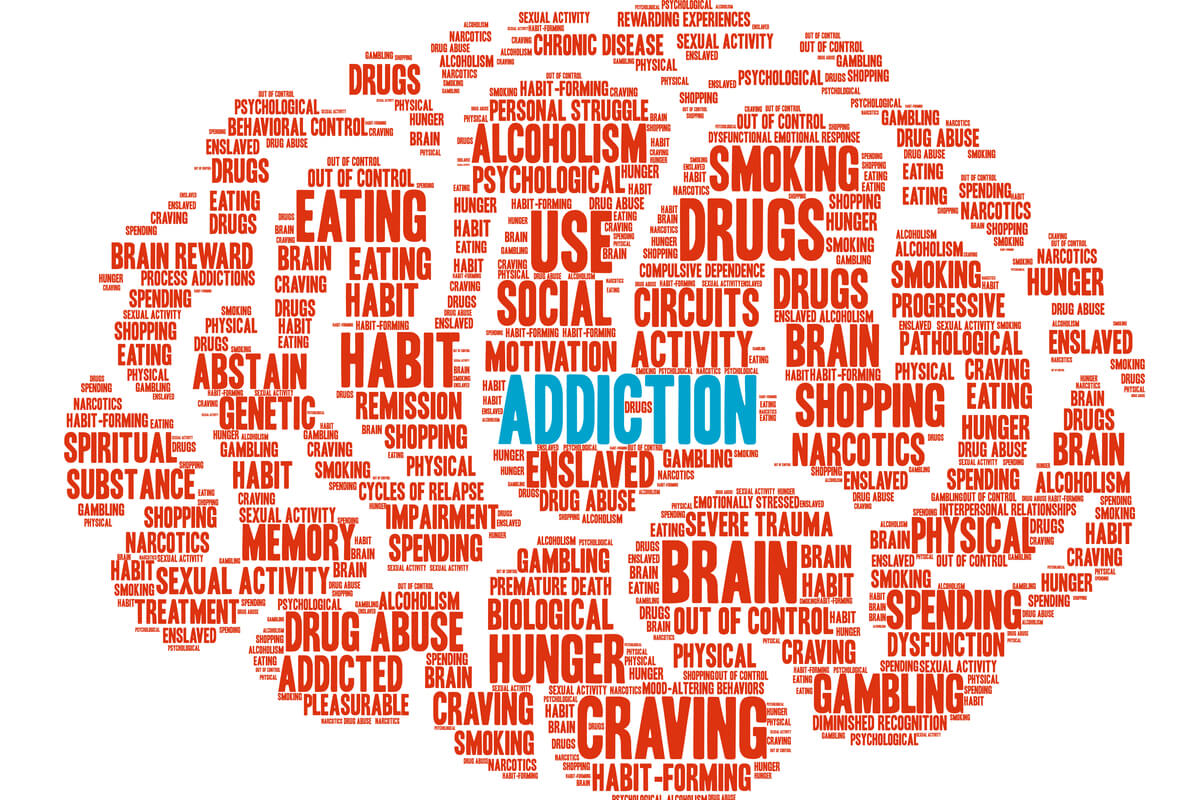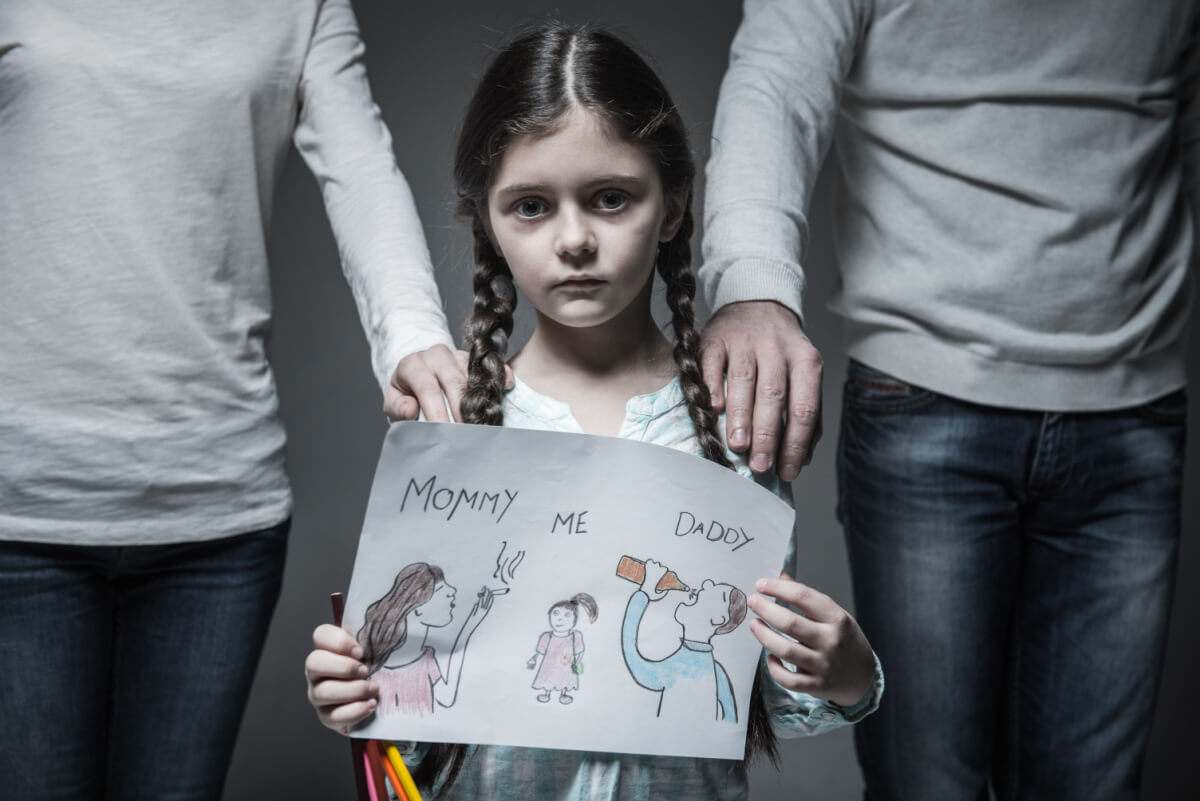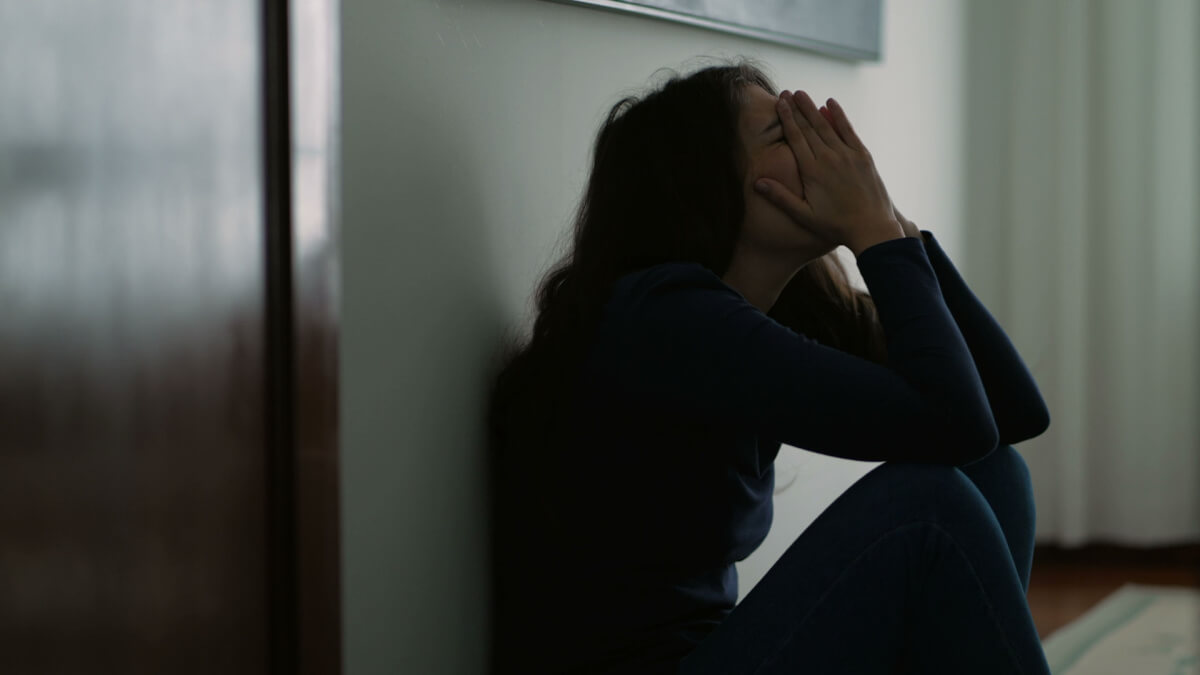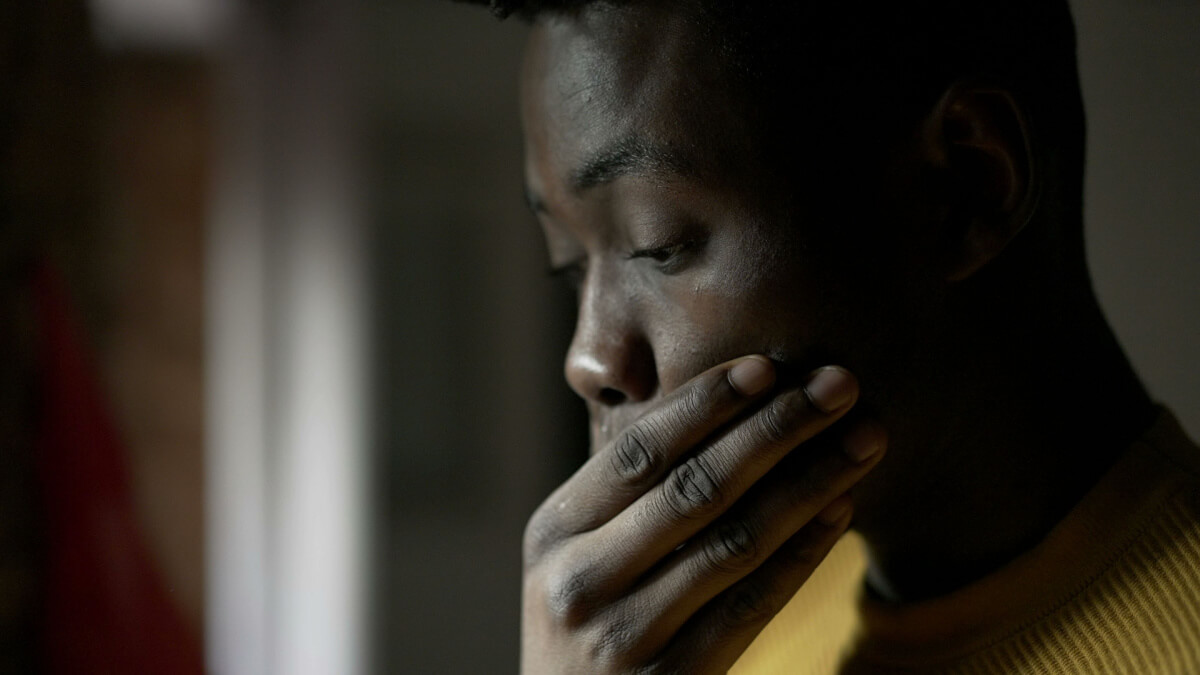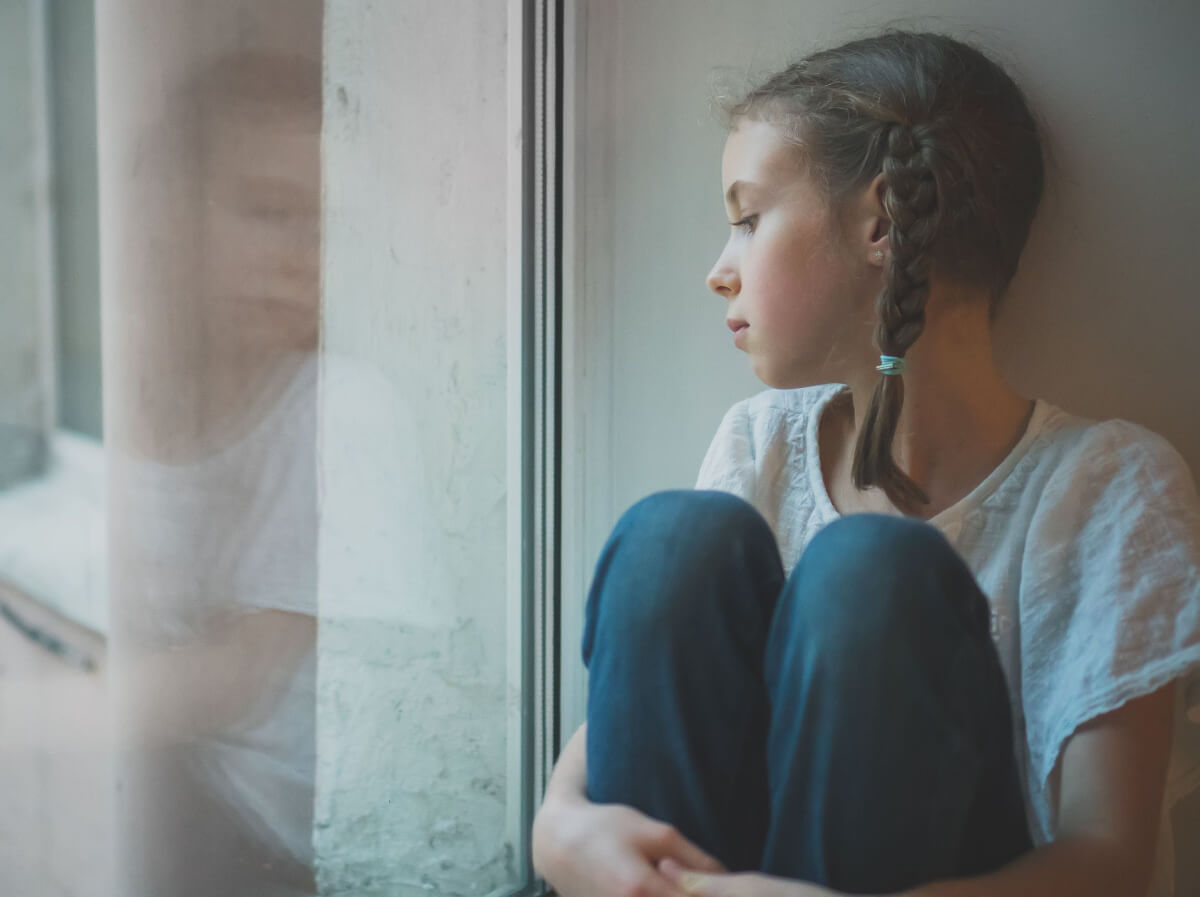
It is estimated that as many as one in eight children live in a household with at least one parent with a substance use disorder (SUD).[1] Many adults therefore come from homes that have been affected by addiction. The impacts of addiction can affect children both in their youth and into their adulthood.
Impact of Addiction on the Family
A parent’s addiction can have a deep and devastating impact on a child. Some of the issues are transient, while others can be long lasting.
Childhood Impact
Parents with SUD are often unable to care for children properly. Sometimes, concerned neighbors or teachers speak out, and when they do, authorities can investigate and remove children from their homes. About 40% of cases involving children removed from homes are a result of parental substance misuse.[2]
Children who are neglected may perform poorly in school compared to their classmates.[3] They may have an increased risk of anxiety, depression, or other behavioral or conduct disorders [3]. In severe cases they may suffer developmental delays, be behind in school, or even be malnourished.
Adult Impact
Researchers call growing up in a home with substance misuse an adverse childhood experience (ACE). Children in homes like this often have issues as adults, including:[4]
- Chronic health problems
- Mental illness
- Behavioral problems
- Financial difficulties
- Substance misuse issues
Addictions often involve a genetic component. Up to 53% of children with parental substance misuse will likewise themselves have a SUD in adulthood [3]
What Is Codependency?
Codependency is when a child actually takes on the “adult” or parenting role for a parent with substance use disorder because they themselves are unable to parent. Examples of this include: [5]
- Calling in sick for a hungover parent
- Lying to authorities about a parent’s substance misuse
- Caring for younger siblings when the parent is unable to do so
- Cleaning up for a sick or ill parent
- Buying substances for an addicted parent
Some children become their parent’s caregivers, rather than receiving care themselves. [6] Children may start to do this even at a young age, and may continue to “parent” their own parents into adulthood. Breaking codependency patterns isn’t easy, but it’s a critical step that can lead to the whole family’s healing process.
How to Cope if Your Parent Is an Addict
It’s never easy to live in a household touched by substance use disorder, but it’s helpful to remember that you’re not alone. Many other children live in similar circumstances, and plenty of adults are available to help.
Some kids benefit from remembering what experts call the Seven Cs:[8]
I didn’t cause it.
I can’t control it.
I can’t cure it.
But I can take care of myself by communicating my feelings, making healthy choices, and celebrating me.
Remember: you can’t take care of your parent if you aren’t taking care of yourself. Many resources exist to help you take care of your own mental health. Personal therapy can be helpful. There are also a lot of support groups for children of parents with SUDs.
If you’re ever in a situation in which you don’t feel safe, contact the National Domestic Violence Hotline. Don’t put your health and future at risk. Reach out for help when you need it.
How to Get Help for an Addicted Parent
Every family is different and there is no process that is going to work for every family. However, here are some general pieces of advice for how to begin a conversation with a parent about treatment for a SUD:
Step 1: Find a Time to Talk
Don’t discuss substance misuse when you’re angry or your parent is intoxicated. Find a time that’s safe and neutral. Planning a time ahead might be helpful so that you can prepare what you are going to say and how you wish to say it.
Step 2: Find a Treatment Center
Direct your parent to resources for addiction treatment programs. You can even help them by doing some research ahead of time about treatment specialists in your area and insurance coverage.
Step 3: Support Your own Recovery
Children of patients with SUD are themselves at risk for mental health or substance use disorders. Make sure you have systems in place to take care of yourself – strong social relationships, professional therapy, etc. Make sure you are aware of your own genetic predisposition for a substance use disorder, and if you have any concerns about your own substance use, reach out to professionals for help.
Step 4: Be Patient
Recovery can be a slow process, and relapse is common. It’s not unusual for parents to relapse to substance use once or even multiple times.
How to Help Children in Your Community
You may know kids in your neighborhood, church, or school living with addicted parents. You can provide a lifeline to them. All adults carry a responsibility to look out for children who might be the victims of neglect or abuse as a result of a parent with SUD.
If you notice signs of neglect or abuse in a child you know, report them. Even if you are wrong, you can’t be faulted for voicing your concerns to school authorities or law enforcement.
Resources for Families of Addicts
- Adult Children of Alcoholics and Dysfunctional Families offers meetings in the 12-step tradition for anyone who grew up in a difficult home. Supplement your learning with books and conferences about addiction’s impact.
- Alateen also offers 12-step meetings, but this group is designed specifically for teenagers who are affected by someone else’s addiction. Teens can learn from peers, and they can read literature about how addictions develop and are treated.
- National Association for Children of Addiction offers content for children, parents, and concerned adults. Learn more about how you can support a child and how children can heal.

Medically Reviewed By Elena Hill, MD, MPH
Elena Hill, MD; MPH received her MD and Masters of Public Health degrees at Tufts Medical School and completed her family medicine residency at Boston Medical Center. She is currently an attending physician at Bronxcare Health Systems in the Bronx, NY where ... Read More
- Report Reveals That About 1 in 8 Children Lived With At Least One Parent Who Had a Past-Year Substance Use Disorder. Substance Abuse and Mental Health Services Administration. https://www.samhsa.gov/newsroom/press-announcements/20170824. August 2017. Accessed January 2023.
- Child Welfare and Alcohol and Drug Use Statistics. National Center on Substance Abuse and Child Welfare. https://ncsacw.acf.hhs.gov/research/child-welfare-and-treatment-statistics.aspx. Accessed January 2023.
- Understanding the Diverse Needs of Children Whose Parents Abuse Substances. Current Drug Abuse Reviews. https://www.ncbi.nlm.nih.gov/pmc/articles/PMC3676900/. June 2013. Accessed January 2023.
- Fast Facts: Preventing Adverse Childhood Experiences. Centers for Disease Control and Prevention. https://www.cdc.gov/violenceprevention/aces/fastfact.html. April 2022. Accessed January 2023.
- The Impact of Substance Use Disorders on Families and Children: From Theory to Practice. Social Work in Public Health. https://www.ncbi.nlm.nih.gov/pmc/articles/PMC3725219/. July 2013. Accessed January 2023.
- Helping a Child Whose Parent is Struggling with Addiction. National Public Radio. https://www.npr.org/2020/02/05/802955134/helping-a-child-whose-parents-are-struggling-with-addiction. February 2020. Accessed January 2023.
- Addressing the Stigma That Surrounds Addiction. National Institute on Drug Abuse. https://nida.nih.gov/about-nida/noras-blog/2020/04/addressing-stigma-surrounds-addiction. April 2020. Accessed January 2023.
- The Seven Cs. National Association for Children of Addiction. https://nacoa.org/wp-content/uploads/2018/04/7-Cs-NACoA.png. April 2018. Accessed January 2023.
Download Our Free Program Guide
Learn about our program, its effectiveness and what to expect
Related articles
Imagine what’s possible on the other side of opioid use disorder.
Our science-backed approach boasts 95% of patients reporting no withdrawal symptoms at 7 days. We can help you achieve easier days and a happier future.

